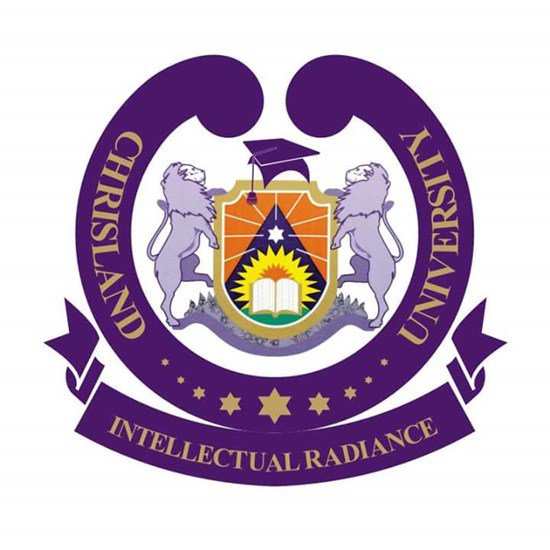Call Us Today!
08135762586, 08179552479

Feb. 21, 2016 | Author | 0 Comments
Allow me to begin by congratulating the proprietors of the
Chrisland University project for this evidence of the profit of passion
and focus in an area so critical for the well being of the people of
Nigeria, in general, and the immediate catchment area. My wish for them
is success at the tertiary level as they achieved in preparing young
people for this level in their previous engagement with forming people.
I am challenged by the subject I have been requested to address. I
am challenged because we are stuck in a paradox of experience in
contemporary Nigeria to which the topic I have been asked to address is
faced, even if the framers of the topic may not have had it in mind when
they chose the subject. This is the fact that current public culture in
Nigeria is deeply anti-intellectual even though Common Sense makes us
pretend about or deny that this is the case. The effect of this
anti-intellectual disposition of those who have dominated public life
for a good part of our recent history is reflected in how much the
promise of Nigeria has not been claimed.
To reclaim Paradise lost, I have no doubt that the universities
have a critical role to play. Given our current realities, much of that
will be from private universities, even though a critical role remains
for state owned or supported universities.
Many years ago the liberation fighter Franz Fanon said of the
generations: Each generation must, out of relative obscurity, discover
its mission, fulfill it or betray it.
With a recursive economy, high levels of corruption and social
anomie it is not hard to describe the evidence and what extent Nigeria
showcases as mission and achievement.
It would seem, for some reason that post-Independence generations
in Nigeria have acted to betray its mission which is generally
understood to be the raising of the banner of the black race by
restoring pride to its people and providing leadership to an emergent
continent of purpose. What we have witnessed, sadly is a warm embrace of
the misery index.
To my mind Karl Meir book: This House has fallen: Midnight in
Nigeria sums up the frustration with the Nigeria story. Just about the
time the book came out my Alma Mater, the University of Nigeria turn 40
and invited me to give the 40 anniversary lecture. Given the freedom to
choose the topic I chose to showcase the importance of universities in
Development with the topic: The Falling Walls of Nigeria; The
universities and the Nehemiah Syndrome.
How do you rebuild the falling walls of Nigeria, as the Prophet
Nehemiah did for Jerusalem. It did not seem possible without rethinking
the role of the universities which through democratizing knowledge and
the occupation of the Nexus of Ideas and Praxis in Agriculture by the
Land Grant Universities drove the agricultural revolution that fostered
prosperity in America.
Today I return to that familiar theme with focus on private
universities which did not exist in law when I gave the UNN lecture 16
years ago. In this lecture I will scope the idea of a university, how
private universities can be more responsive to changing market needs,
the way responsibilities can be more efficiently shared by both private
and public universities and how the freedom for the pursuit of knowledge
and innovation can be impacted by private universities.
THE IDEA OF A UNIVERSITY
In the views expressed hereunder, I try to identify what
constitutes a university, its essential characteristics, origin, voyage
through time, and its modern form following its democratization, or
opening up to all peoples. University democratization is particularly a
point of note in discussing the American ascendancy and in later years
the emergence of the colonies at the sunset of Pax Britannia, after
Winston Churchill signed into law a bill to take university education to
the colonies. From these essentials which recognize the university as
existing for the advancement of knowledge, I pose a question regarding
the purpose of this knowledge. This allows us to explore the idea of the
common good and how the universities in Nigeria live out the idea of
the university as somehow related to the Common Good. A periscope is
raised therefore to peep at the Nigerian condition and how the nature of
the pursuit of knowledge has affected the way the universities have
intervened in promoting ideals universities supposedly exist to inspire
to. The discussion will also take us through a review of a utilitarian
view of knowledge, its outcomes elsewhere in the world, like Singapore,
and its less edifying manifestation in what I call a mercantilist view
of education that seems to have become a major disturbing aspect of the
Nigerian condition. To round up the reflection, I try to focus a little
more on the nature and effects of the intervention of the state in the
university system and the peculiar situation of the Nigerian university
in the challenge to restore the dignity of Man.

Copyright ©